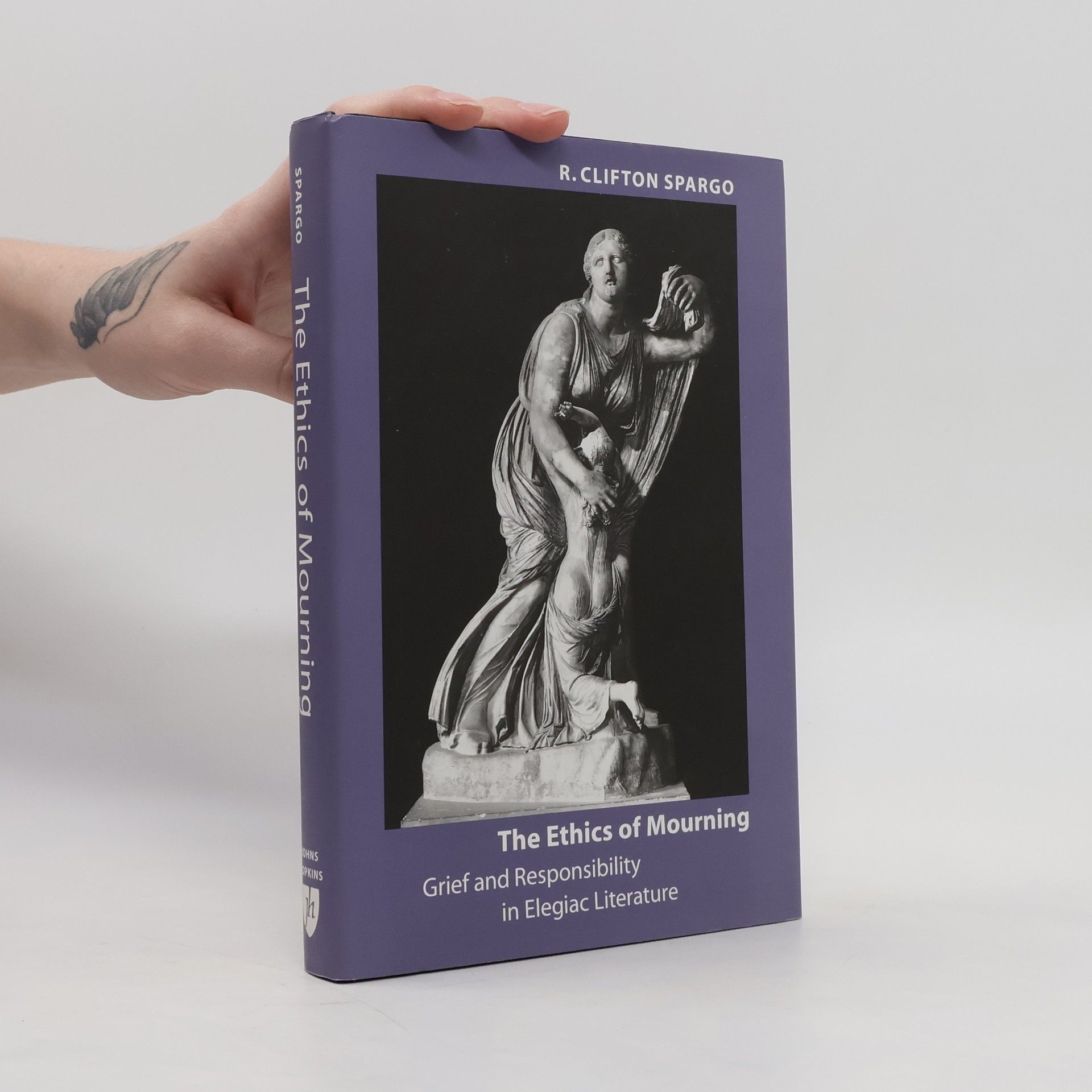Beautiful Fools
Zelda und F. Scott Fitzgerald. Roman
Eine Hommage an das Jazz-Age-Traumpaar! Hollywood/Havanna 1939: Wilde Zeiten liegen hinter Zelda und F. Scott Fitzgerald, der Glanz des Weltbestsellers Der große Gatsby scheint längst verblasst, als das einstige Glamourpaar der Roaring Twenties zu einer Reise nach Kuba aufbricht – ein letzter Versuch, die turbulenten Jahre hinter sich zu lassen und neu anzufangen … R. Clifton Spargos lebendiges und einfühlsames Porträt des legendären Jazz Age-Traumpaars bietet einen facettenreichen, authentischen Blick hinter die Kulissen einer außergewöhnlichen Künstlerehe und zugleich eine faszinierende Zeitreise in die wilden Zwanziger- und Dreißigerjahre.

